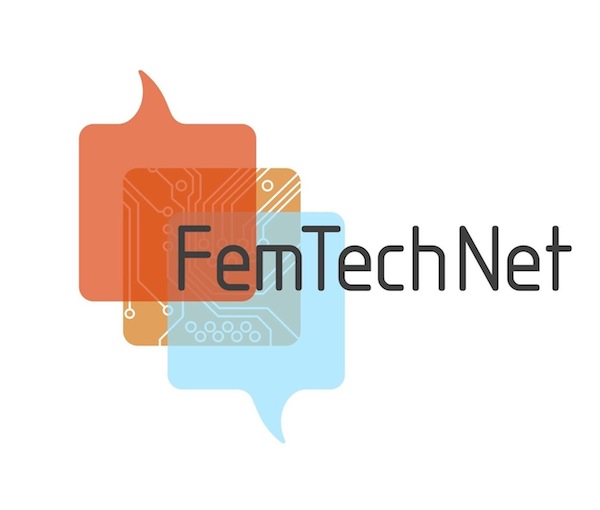I also looked at Elizabeth Losh’s article “Hacktivism and the Humanities: Programming Protest in the Era of the Digital University.” Losh notes the institutional dynamics of digital humanities work that challenges the distinction between activism and scholarship. Digital projects such as the undocumented immigrant mapping project seem to make this line especially problematic, as they “create slippage in delineating the difference between ‘personal views’ and professional expertise and also raise questions about what constitutes a ‘criminal act’ when computer algorithms perform their unit operations automatically and highly efficient digital distribution systems produce cascading effects not possible to execute from a single computer.”
What seems to be notable in cases like Dominguez’s project is the way in which university IT policies could be used as authorizing discourses for university administrators seeking to challenge these kinds of radical digital projects. They can be used as cudgels against claims of academic freedom by associating academic work with disruptive “hacktivism” and improper use of university resources. In addition to the usual challenges associated with digital humanities work stemming from with lack of recognition by tenure and promotion boards, collective authorship, and securing funding for digital work, the politics of digital activism through university technological resources poses another challenge for humanities scholars engaging in these kinds of extra-textual projects. In addition, the public nature of this work makes digital interventions easy targets for controversy and Fox News “liberal academic” bashing. As Losh notes, when scholars move into the arena of digital activism, “the attention goes to the programmer’s identity as a hacker, rather than as a member of the academy, even though such conduct may be both socially useful and morally justified and thus fully in keeping with the university’s mission to serve the public.”
One extra-textual project that has similarly created public controversy is FemTechNet’s Wikistorming Project. As many of us already know, the Wikistorming project was designed to work with students to edit Wikipedia in order to make “certain women and their contributions to culture are remembered and acknowledged in the digital landscape.”
 The project utilized Wikipedia as a pedagogical tool by enabling students to act as Wikipedia contributors. By intervening in the collective knowledge base of Wikipedia, FemTechNet worked to make visible the contributions of women and feminist scholarship. However, the project sparked intense public controversy when it was featured on Fox News as an example of injecting “bias” into the “factual” information on Wikipedia. By critiquing FemTechNet’s Wikistorming as feminist bias, Fox News delegitimized the pedagogical project as a politically-motivated assault on technical reason.
The project utilized Wikipedia as a pedagogical tool by enabling students to act as Wikipedia contributors. By intervening in the collective knowledge base of Wikipedia, FemTechNet worked to make visible the contributions of women and feminist scholarship. However, the project sparked intense public controversy when it was featured on Fox News as an example of injecting “bias” into the “factual” information on Wikipedia. By critiquing FemTechNet’s Wikistorming as feminist bias, Fox News delegitimized the pedagogical project as a politically-motivated assault on technical reason.
These projects show us the challenges and politics of digital humanities work that blurs the line between scholarship and activism. Losh’s article brings to light the institutional, epistemological, and political challenges of digital humanities work.

